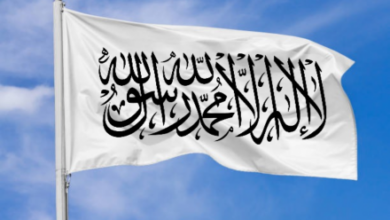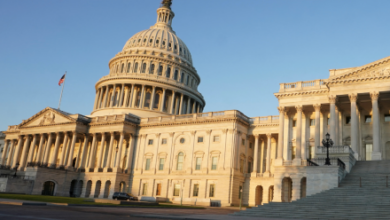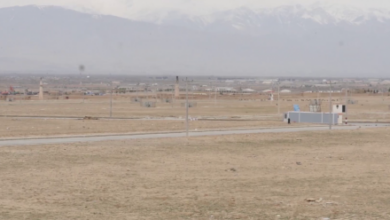Mullah Baradar Inaugurates Blanket Factory

Mullah Abdul Ghani Baradar, the Deputy Prime Minister for Economic Affairs, inaugurated a blanket production factory in Kabul, established with a 930 million afghani investment.
During the inauguration ceremony, Baradar stated that the Islamic Emirate supports the private sector to strengthen domestic production across various industries.
He further explained: “To support local industries, the Afghanistan Agricultural Development Fund has purchased machinery worth 100 million Afghanis for this factory.”
Meanwhile, the acting Minister of Industry and Commerce emphasized that the implementation of the Islamic Emirate’s economic policy is moving Afghanistan closer to self-sufficiency in various sectors.
Nooruddin Azizi added that the Islamic Emirate has taken significant steps to develop the economy, industry, and commerce without relying on foreign aid. He highlighted that the leadership of the Islamic Emirate consistently supports proposals aimed at developing trade and domestic production.
The acting Minister of Industry and Commerce stated: “In matters of Afghanistan’s industry, Sheikh Sahib (the Supreme Leader) has been so supportive that one might think he is an industrialist himself. Any suggestion presented by Haji Sahib Baradar regarding the industry—such as the need for an industrial park in a particular location—has been approved by him.”
The head of the Chamber of Industries and Mines noted that with the distribution of land to domestic producers in various sectors, Afghanistan will witness a major industrial revolution.
Shirbaz Kaminzada, the Director General of the Chamber of Industries and Mines, said: “Land is being distributed to industrialists. With this initiative, I am confident that 800 factories will begin operations. We look forward to the day when, under the leadership of the Islamic Emirate, we will witness more industrial revolutions.”
Abdulhaq Noori, a representative of the blanket production company, said: “Our suggestion is to support the marketing of our products by either restricting imports of goods already produced domestically or increasing their customs tariffs.”
According to statistics from the Chamber of Industries and Mines, Afghanistan has now achieved full self-sufficiency in the production of 36 types of goods and partial self-sufficiency in 31 others.



